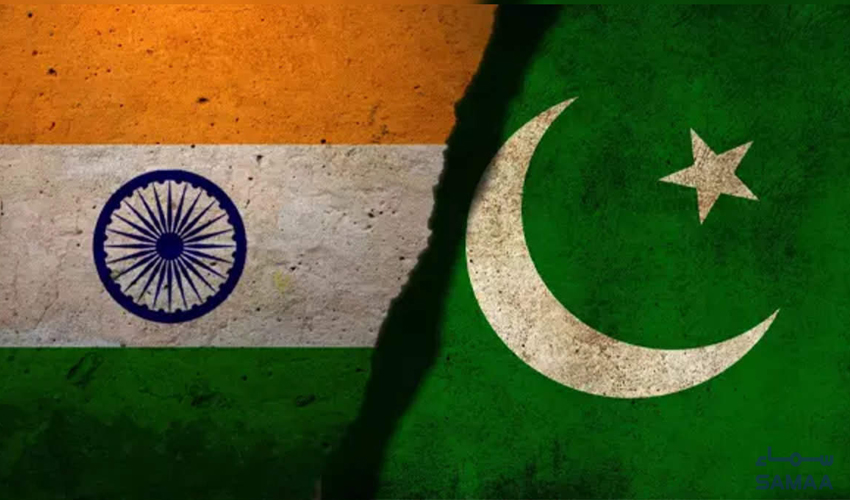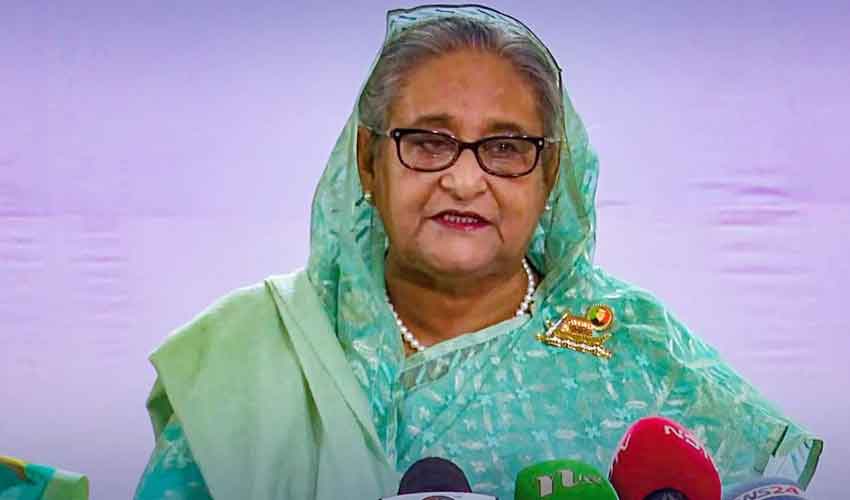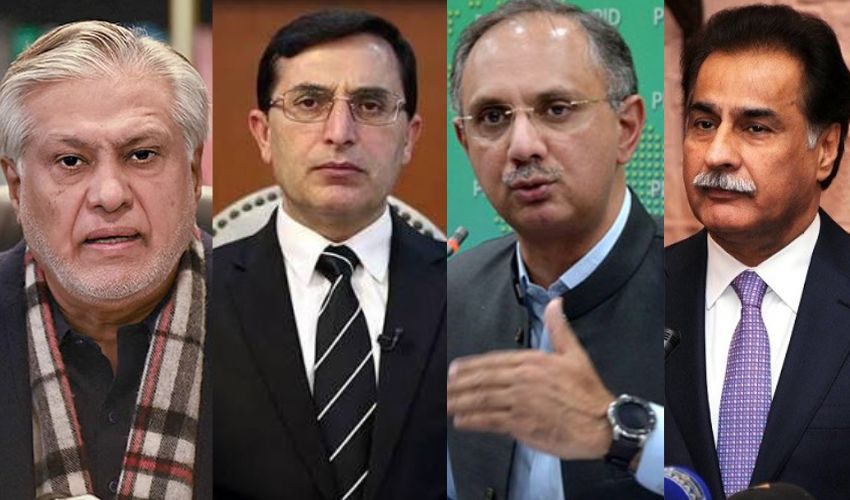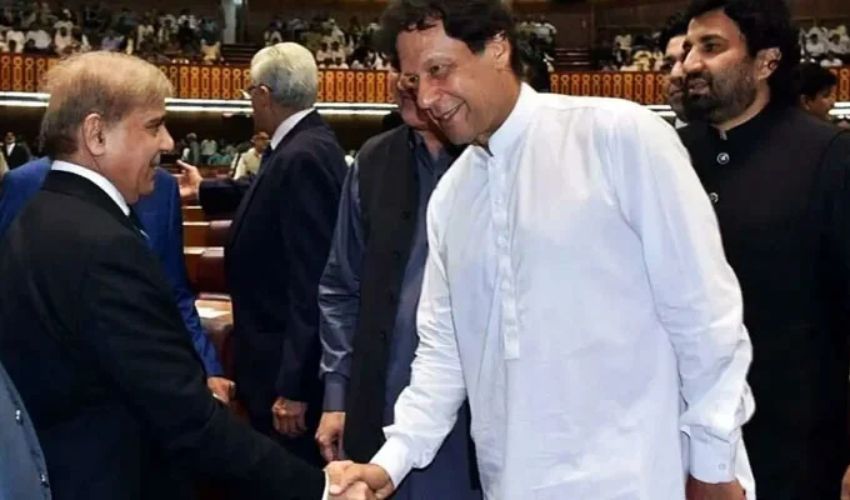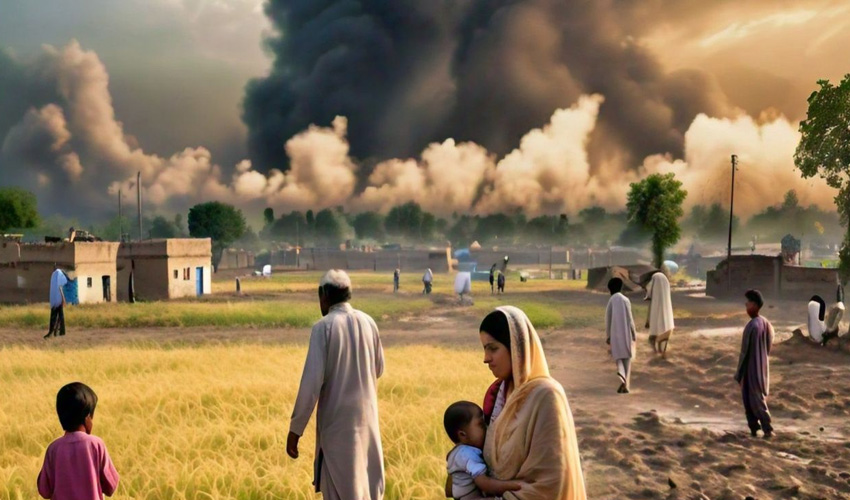India's decision to abstain from participating in cricket tournaments hosted in Pakistan continues to impact regional sporting dynamics, particularly affecting the structure of the Asia Cup and broader cricket diplomacy efforts.
The stance contradicts the International Cricket Council's (ICC) policy of separating sports from politics, while potentially influencing Pakistan's established right to host international events despite demonstrated improvements in security infrastructure and successful hosting of recent tournaments.
Economic implications of such decisions extend beyond the playing field, affecting sponsorship revenues, broadcasting rights, and tourism income associated with major tournaments. The Pakistan Super League and World Cup qualifiers hosted by Pakistan have shown the country's capability to organize international cricket events successfully.
The boycott's impact reaches beyond immediate sporting concerns, affecting player development opportunities and fan engagement. Cricket enthusiasts from both nations traditionally anticipate these high-stakes matches, which have historically served as a bridge for cultural exchange.
Regional cricket development faces challenges as such decisions potentially set precedents for other nations. Pakistan has maintained its commitment to participating in tournaments hosted in India, despite bilateral tensions, demonstrating a contrasting approach to sports diplomacy.
The Asian Cricket Council faces the challenge of maintaining regional cricket harmony while addressing these complex diplomatic situations. The decision's ripple effects influence various stakeholders, from players to broadcasting networks across the Asian cricket community.
International cricket authorities continue to monitor the situation as it affects future tournament planning and the broader objective of using cricket as a tool for regional cooperation and understanding.





